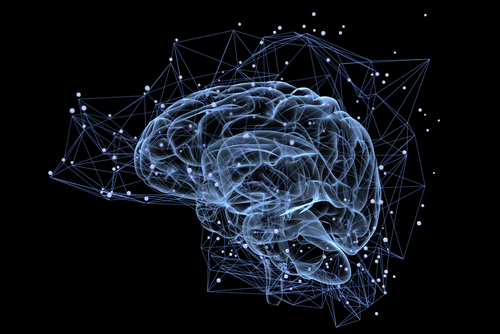Procrastination is something that all of us struggle with. We are often being hard on ourselves for not having the willpower to get to the end of our agenda, even though it often just takes a little more focus on our biology and aligning your daily responsibilities to it. The next time you find that you have been pushing an important task aside for days or feel like you are always running out of time, just stop for a moment and reflect on the following points!
It’s not hard to realize that procrastination has nothing to do with the amount of time we have in a day, if we do the math we know that we could easily find a gap in our timetable for that particular task if we wanted to. It has more to do with our avoidance and the underlying anxiety that causes it. Managing our stress level can be the first thing we can do to enhance our productivity, especially in today’s high-pressure environment.
Our brains generate different kinds of brain waves throughout the day and the frequency of these waves define what type of activity we are capable of doing in that given period of time. The two most common frequencies dominating in our waking hours are Alpha waves at 8Hz-12Hz and Beta waves at 12Hz-40Hz.
When we are in the alpha state we feel relaxed and often get into the state of flow. Our creativity thrives and it becomes easier to come up with ideas or visualize concepts. When Beta waves are in majority we feel more active and energized and ready to take on logically challenging tasks. However, Beta waves also have different levels and if you get closer to the higher end of the scale you are more likely to feel stress and anxiety and it becomes hard to sit still and focus your energies on your work.
If you want to reach peak performance you need to pay attention to your natural cycles first that change throughout the day. Some of us wake quickly in the morning and are able to be very productive in the first few hours of the day, but lack energy in the evening. Others cannot handle an early alarm clock and reach their peak by afternoon and evening. The amount of coffee and other caffeinated blends influence our brain waves as well and help us raise our frequency, but too much of them can make us feel nervous and lose our focus.
If you are working on something creative you need to have a still mind you can use techniques that make you more calm and less alert. Close your eyes and listen to your breath for a couple of minutes. Try to breathe deeply and fill your lungs from the bottom up to the top and then exhale from bottom to top again. While doing this exercise, your shoulders should stay in place and your belly button should move outwards and inwards with every long breath. You will immediately feel more relaxed even after just a few deep breaths with this simple technique. You can also play a slow paced ambient music or white noise which can surround you with the right vibe in order to slow you down a little.
When you feel that you lack energy you can increase your caffeine intake with coffee or a strong tea. About 75-150mg coffee should get you into your zone, but keep it in mind that we are all different and the right amount highly varies between each one of us. If you take caffeine every day your body might get used to it and become slightly resistant to it. It is good to take a break every now and then for a week, even if it feels hard to operate without coffee in the first 2-3 days so that your body can return to its natural state and balance out your hormone levels. Turning on more light in the room or changing your playlist to a more stimulating one can also enhance your energy level, as well as doing a few warm-up exercises.
See it as an experiment! Monitor your performance and your energy level every day for a week and note done what type of tasks you could perform best in each state and how much stimulants you took in different hours of the day. Schedule different tasks accordingly and see if it improves the way you feel about your work and your daily productivity!


Recent Comments